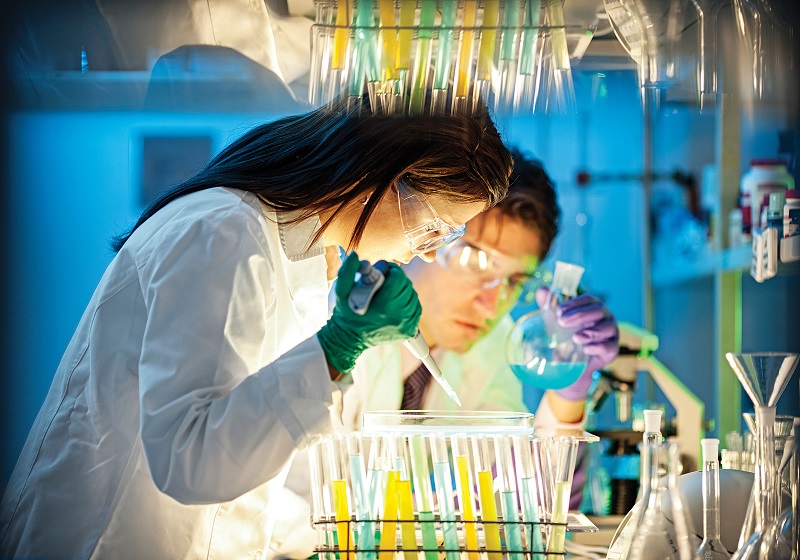The development of genetic engineering of animals has exploded in recent years, and with it has come a host of ethical questions. The World Organisation for Animal Health defines animal welfare as “the state of an animal’s health and well-being.” It is therefore imperative for veterinarians to consider the ethical implications of animal genetic engineering.
Somatic cells make up the majority of the cells in the human body. These cells vary in composition and make up organs. The changes they undergo are not passed on to offspring. Reproductive cells, which make up the sperm and egg cells, are a different story. These cells contain genes that determine which traits are inherited. These cells are made up of a long molecule of DNA and proteins.
Genetic engineering is a technique that uses recombination to insert a gene into an organism. However, it is not possible to change all of the cells in a population at one time. It is often possible to distinguish recombinant cells from wild-type cells through phenotypic differences.
Some argue that this practice violates the ethical principles of the modern world. While it may produce desirable effects in certain cases, the costs of genetic engineering will likely outweigh the benefits for some people. One such concern is that genetic engineering of animals may result in a violation of species integrity or disregard for the inherent value of an animal.
Genetic engineering has the potential to drastically change how animals are used for research. Its potential to dramatically alter our world view of animals makes it vital that researchers exercise responsibility and establish comprehensive regulations to protect animals, humans, and the environment. Genetic engineering should be considered a tool for research, but the future of biology should not be dominated by the use of animals. Instead, research should focus on the creation of non-animal models.
While genetically modified pigs may one day provide humans with organs for transplantation, the ethical issues that surround tissue transfer from pigs to humans have not been fully addressed. This research could lead to serious health risks for humans and animals. In addition, the demand for human organs is far greater than supply, so xenotransplantation could have disastrous effects on the human race.
Genetic engineering is used extensively in agriculture. Genetically modified crops and livestock have been developed to resist pesticides and herbicides. In addition, genetic engineering can be used to create crops with higher nutritional value and selectively breed farm stock. These technologies can even be used to develop antibiotic-resistant crops. But these are just a few of the possible uses for genetically modified crops. Ultimately, this technology has many benefits and concerns. But, it must be properly applied to avoid the unintended consequences of this technology.
This article includes sponsored content. The views expressed are those of the sponsor and do not necessarily reflect the official policy or position of our publication.

